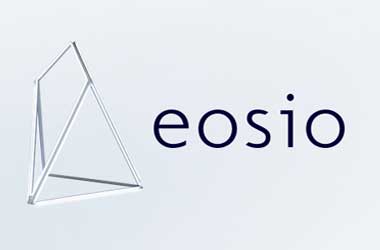
As per Block.one, the core of EOSIO 2.0 includes several enhancements to EOS VM, a super charged WebAssembly engine custom built for blockchain apps that permits better use of system resources while handling smart contracts.
Block.one asserts that the overhauled EOS VM provides a maximum of 16x improvement in performance over the previous version, EOSIO 1.0, implying better smart contract processing efficiency.
Other critical developments include incorporation of WebAuthn validation standards, permitting the use of hardware equipment for validating and approving transactions in browsers without additional software or extensions for EOSIO apps. This will enhance safety without a need for clients to have a watch over private keys or other account related data.
For block producers of EOS network, Block.one has built “weighted threshold multi-signature block production,” which facilitates them to “securely sign blocks by utilizing a permission layer that allows for multiple block signing keys in a flexible scheme without sharing any sensitive data.”
The update also consists of new web-based development software named EOSIO Quickstart Web IDE, which is going through alpha phase. The tool has been designed to minimize the intricateness and system necessities for creating EOS.io apps.
Notably, last month, a hacker swindled over $110,000 in cryptos by exploiting a bug on EOS gambling game EOSPlay. Crypto programmers have also pointed out that hackers adopt a low cost strategy that permits hackers to “congest” the network, or bring down the efficiency by using only EOS worth few dollars.
However, Block.one core team have dismissed the allegation and asserted that the network is functioning properly.
